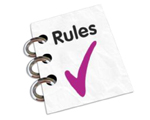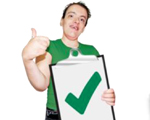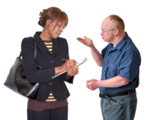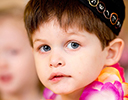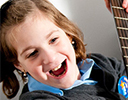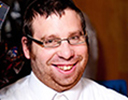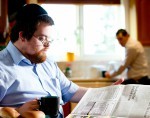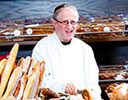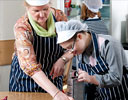Families of young children with disabilities anticipate years of sleep deprivation…but this need not be the case says Child Psychologist Ann Herreboudt.
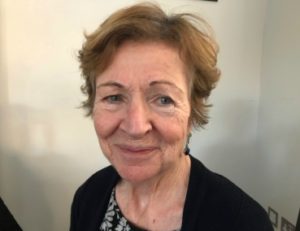
Physical and learning disabilities or disorders like autism do necessitate interruptions: children need to be turned, fed, given medicine, or an inhaler but parents are led to believe their children have sleep problems even before interventions like these.
Ann said: “Newborns are predicted to sleep for longer than they are awake, but most don’t, so instantly parents feel there is a problem and set up to fix what may not be an issue at all.
“Sleep is like any other rhythm in the body and doesn’t actually mature until the child is 4-6 years old.”
This fact is enough to make parents of any under sixes shudder but work now to establish a good sleep routine – whether the child has disabilities or not – will pay off later.
“Children need to go to bed at the same time every night and get up at the same time in the morning, and daytime naps should not be too close to bedtime. Mental and physical activity is needed each day so children are tired,” said Ann, who gave a talk to parents about supporting sleep at Kisharon School.
Once the sleep rhythm is established, parental input is needed to put in place good sleep hygiene.
A quiet room, a calm environment and a regular bedtime routine that might include a bath or shower and teeth cleaning are all common sense, as is the banning of sugar, from confectionery, as well as from natural sugars, before bedtime for the burst of energy it creates.
Additional support is available with weighted blankets, which can regulate breathing and white noise, from an app – the sounds of the sea or, even a hairdryer which can all help children to fall asleep.
Ann admits that a child’s disturbed nights can wreak havoc on the whole family. “Children don’t learn well and find things more difficult when they are very tired. Parents find it difficult to hold onto boundaries and rules after a sleepless night.”
<< Back
